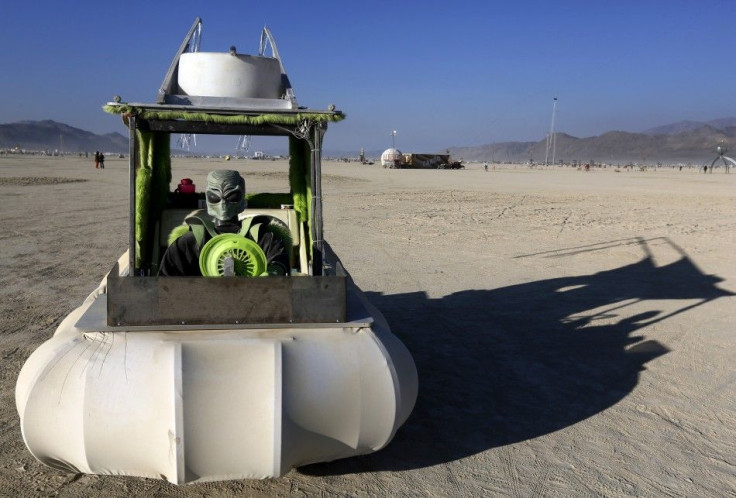$50M Awarded By NASA For Research On Aliens In The Universe

Seven research teams have been awarded about $50 million in total for studying evolution and future of life in the universe. Each team was funded for around $8 million.
According to NASA, the seven teams will become members of the NASA Astrobiology Institute or NAI. The NAI is headquartered at NASA's Ames Research Center in Moffett Field, California.
Jim Green is the director of Planetary Science Division at NASA. He said that the teams will help provide the interdisciplinary expertise to help data from the teams as well as future missions focused on astrobiology. Curiosity Rover has been looking into the potential habitability of Mars and the Kepler mission has been discovering new planets.
Seven research teams
The seven teams include NASA's Goddard Space Flight Center, NASA's Ames Research Centre, NASA's Jet Propulsion Laboratory, SETI Institute, University of Colorado, University of California, Riverside and University of Montana. Its team leaders are Michael Mumma, Scott Sandford, Isik Kanik, Nathalie Cabrol, Alexis Templeton, Timothy Lyons and Frank Rosenzweig, respectively. Each team has been assigned a specific task.
The work of the Goddard team will be applied for searching for other places in close-by planets that could shelter extraterrestrial or alien life. The SETI team will look into were alien life has to be searched and what to search for while looking for it. Other teams will investigate the organic chemistry that were needed to create early organics and life forms that live on rocks and chemical energy as well as how so much oxygen was developed in the atmosphere.
Five continuing teams
The new teams will be joining the already existing teams, namely University of Washington, Massachusetts Institute of Technology, University of Wisconsin, University of Illinois and University of Southern California. Each team has its base in Seattle, Cambridge, Madison, Urbana-Champaign and Los Angeles respectively.
Mary Voytek, the director of the astrobiology program at NASA headquarters in Washington, is also a microbiologist with the United States Geological Survey. She said that the new teams would cover the breadth of astrobiology and by associating in the NASA Astrobiology Institute they would be able to make connections between disciplines and organisations. She added that the intellectual scope of astrobiology was very vast, which includes exploring other worlds to search for signs of life.





















